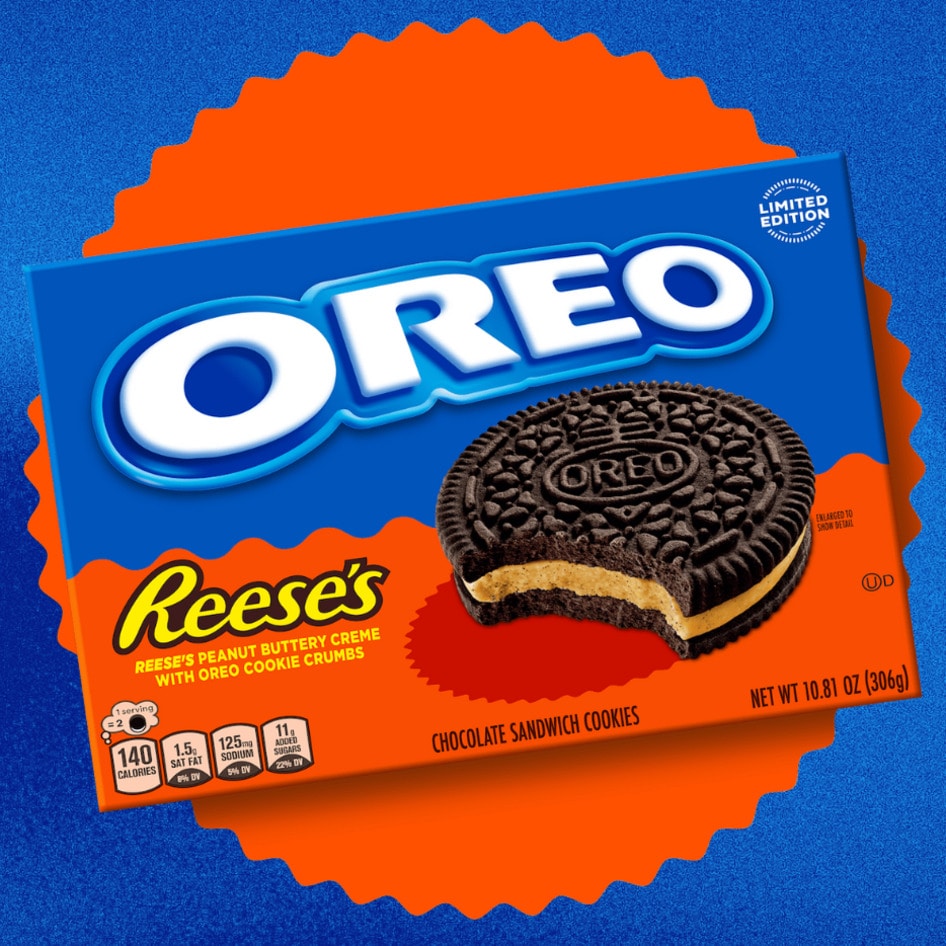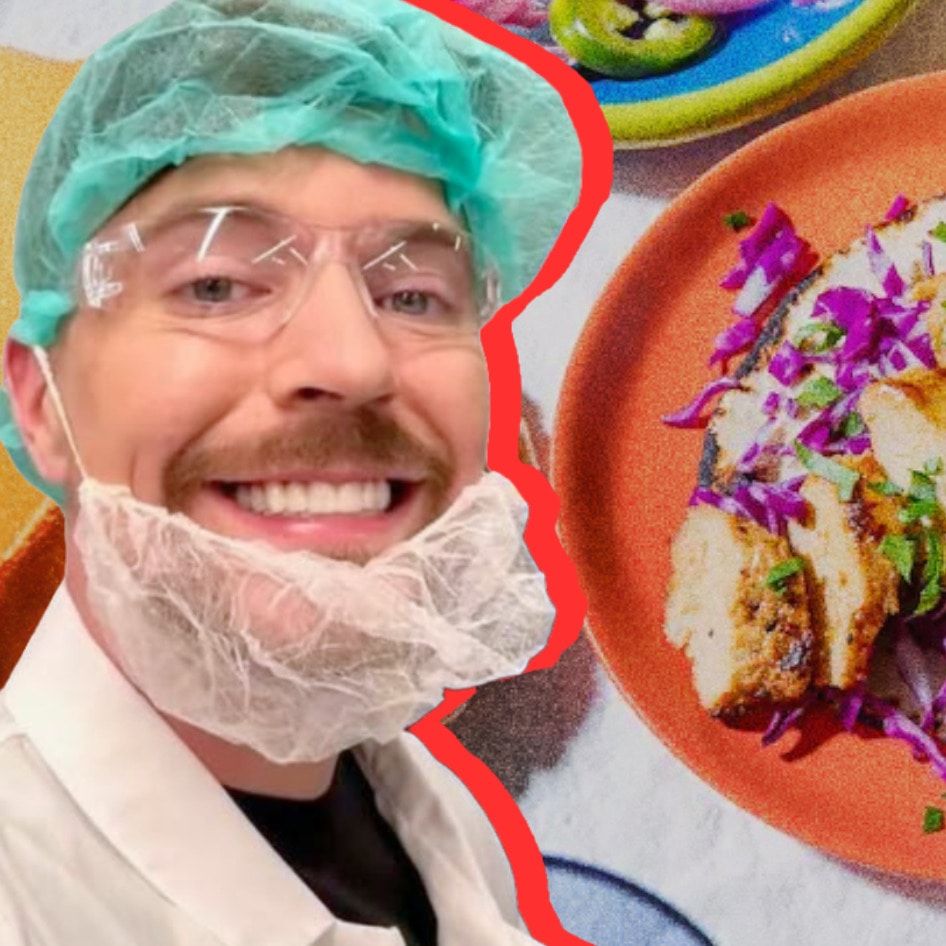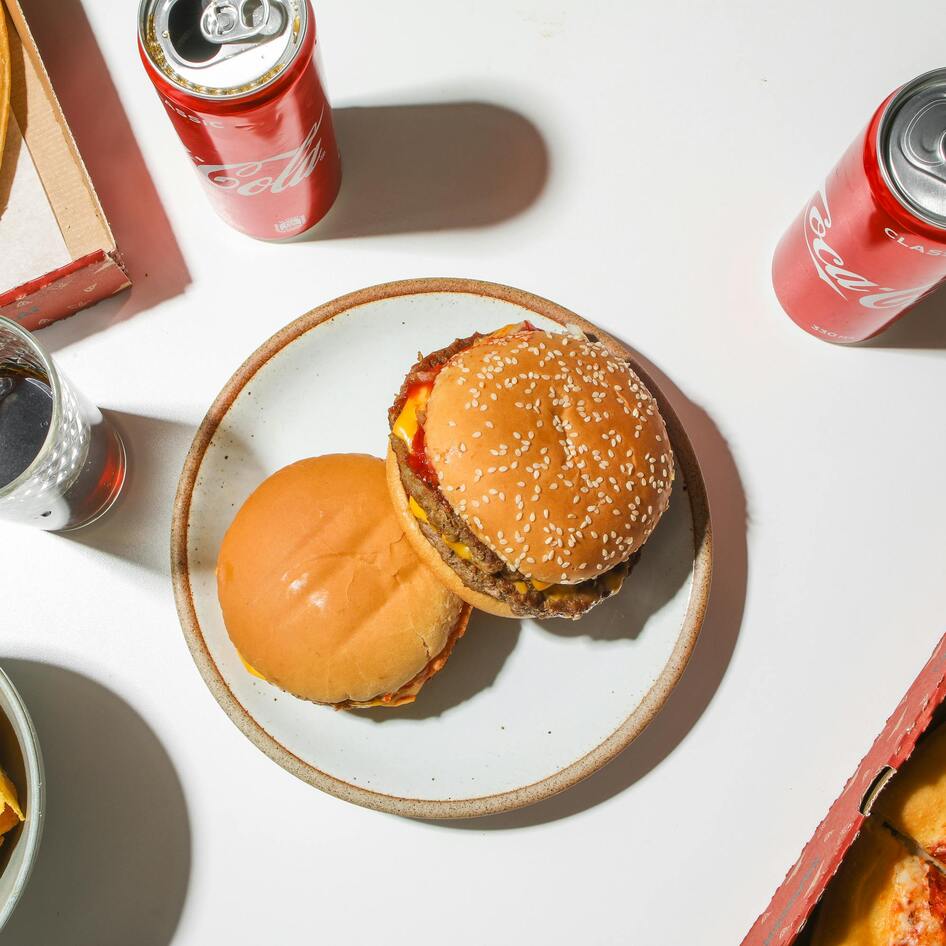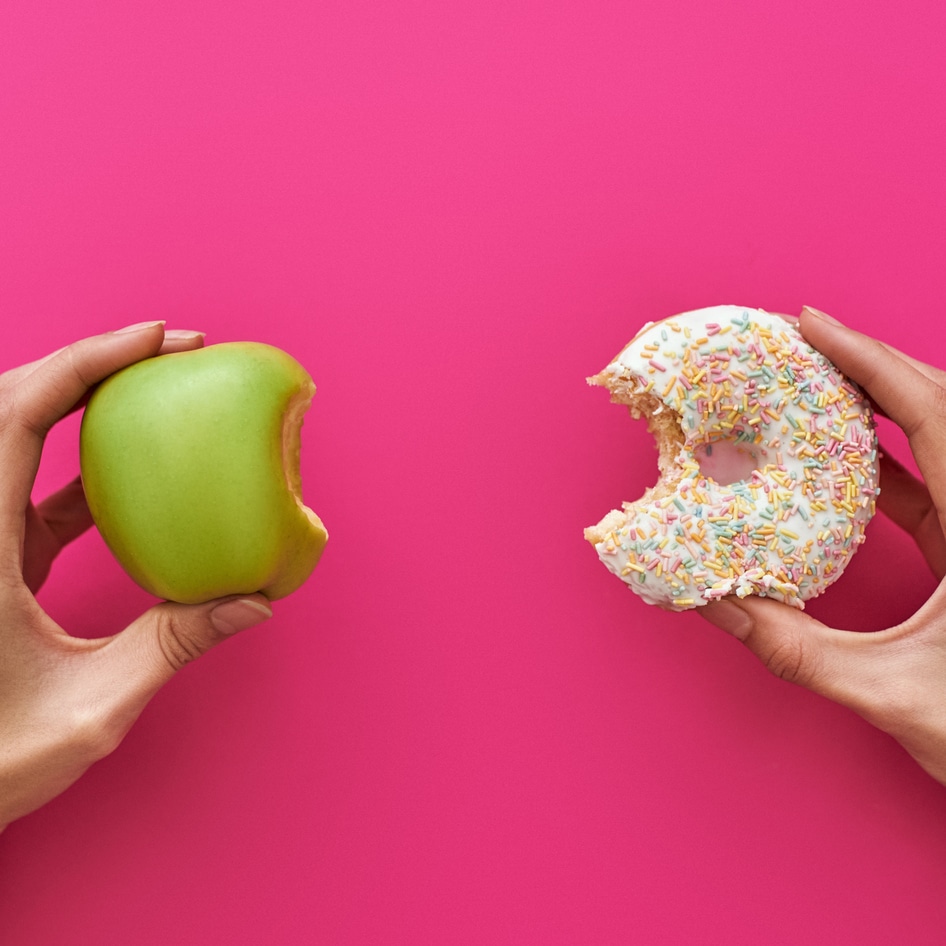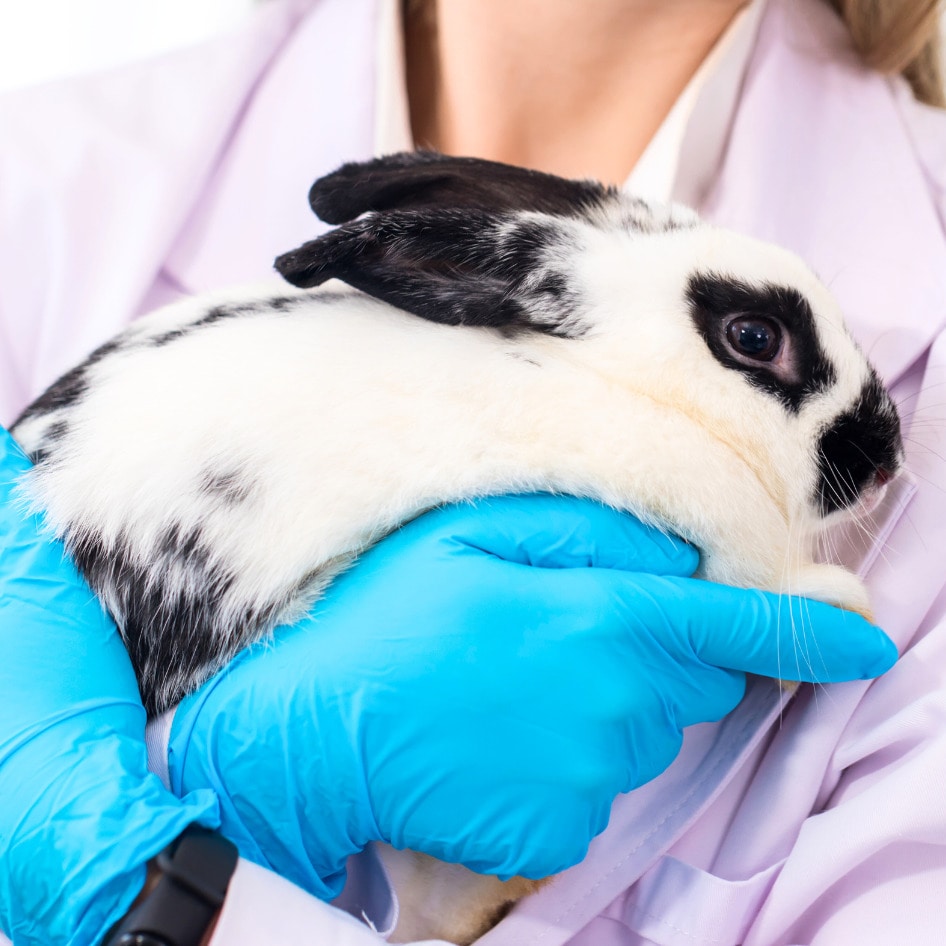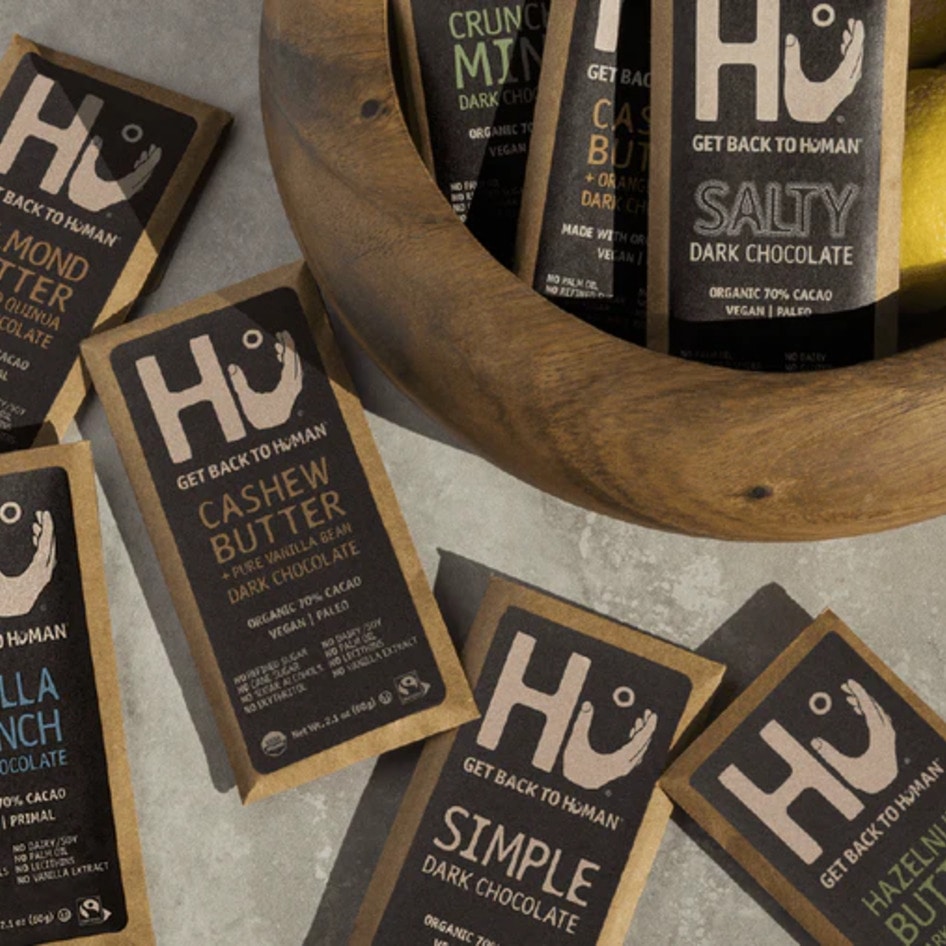To state the obvious: snacks are important. They help see us through the day, keeping those hunger pangs at bay until dinner time. Research suggests that more than 90 percent of American adults eat one or more snacks on any given day. But increasingly, consumers don’t just want snacks to simply keep their stomachs full, they also want them to be healthy and better for the planet, too.
In order to give the people what they want, Mondelēz International (aka, one of the largest snack companies in the world), is looking to mentor, and ultimately partner with companies, that can take its snack portfolio to the next level in terms of health and sustainability. So potentially, this means more nutritious, plant-based options are on the way from the $36 billion snack giant.
Is Mondelēz International developing more plant-based products?
Mondelēz International already offers several plant-based options. The global corporation owns Cadbury’s, for example, which launched its first dairy-free milk chocolate in the UK back in 2021. In Europe, it also owns Philadelphia (the brand is owned by Kraft Heinz in the US), which launched plant-based cream cheese in 2022, as well as Hu, a New York chocolate brand with multiple vegan options.
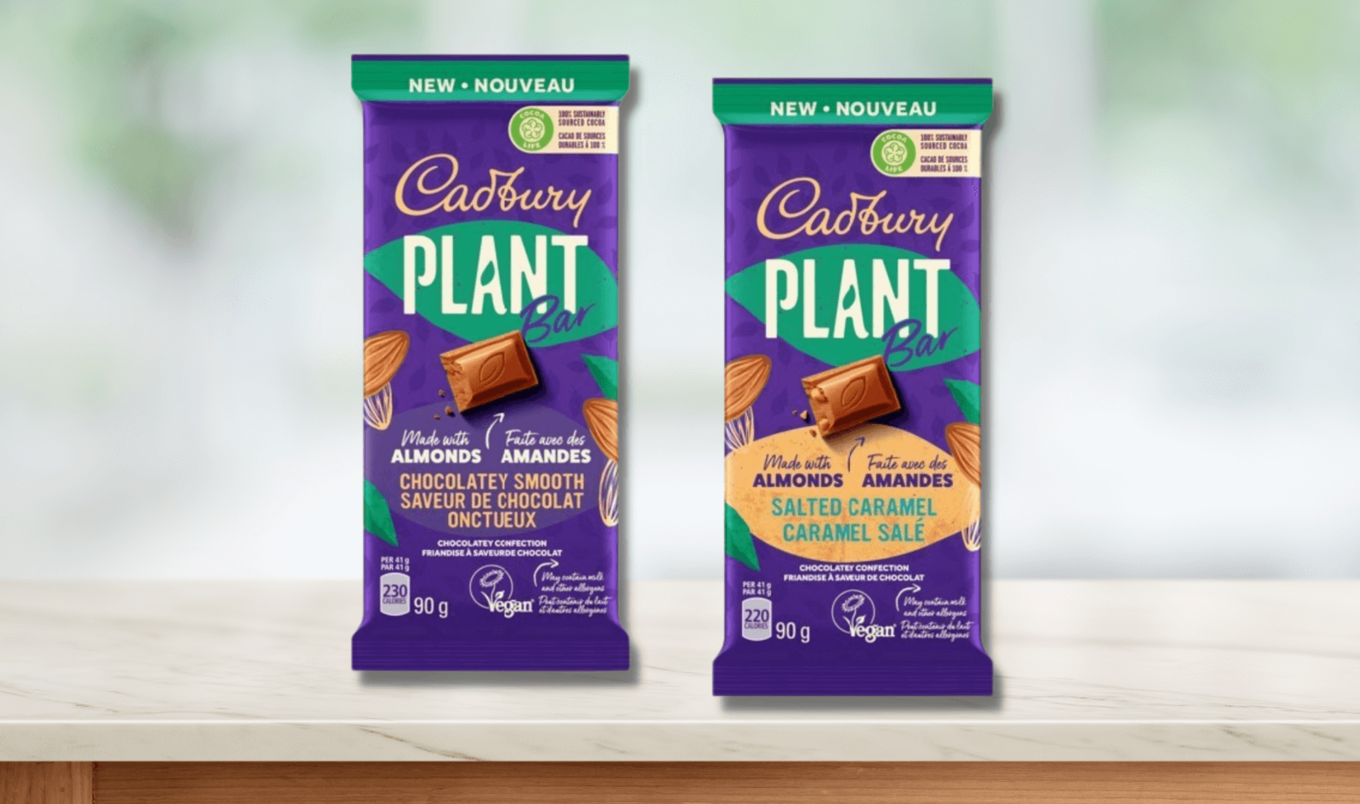 Cadbury
Cadbury
The plant-based snack market is big business. In 2022, it was valued at nearly $46 billion globally, and it’s expected to keep growing. And if the latest news from Mondelēz is anything to go by, it might be a big part of that growth.
The company recently announced that its CoLab Tech accelerator program—which was first launched last year for in a bid to drive innovation across its snack portfolio—is looking for up to 10 new startups to take part in an eight-week program with one-to-one mentoring and potentially, proof of concept testing.
Specifically, it is hoping to partner with startups with a focus on things like recyclable, low-impact packaging, low-sugar ingredients, water reduction technology, energy-optimized ingredient mixing, and clean, free-from ingredients. The latter might mean that more vegan-friendly options are on the way.
Last year, CoLab Tech also focused on free-from ingredients. It mentored startups like Cultivated Biosciences, a Swiss company that uses fermentation technology to create sustainable, dairy-free fat that can work as an alternative to animal-based ingredients, and Epogee. The latter, based in the US, created a plant-based oil that is 92 percent lower in total fat, calories, and saturated fat, without sacrificing mouthfeel and texture.
“Last year’s cohort really opened our eyes to what’s possible in snack innovation,” Paula Hemerly, CoLab Tech Program Manager, told Food Dive. “We are already collaborating with some of the participants to put their technologies into practice.”
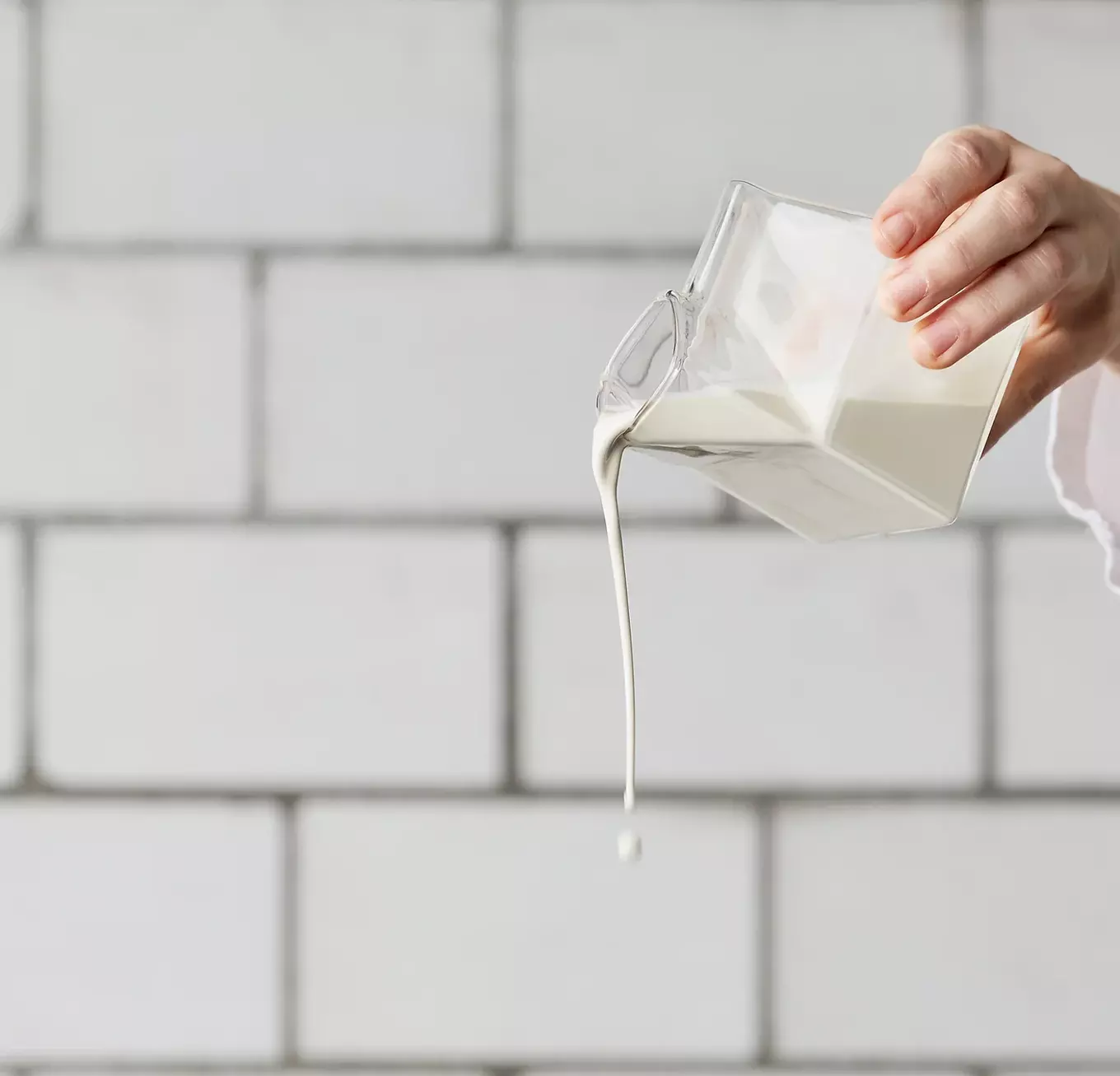 Cultivated Biosciences
Cultivated Biosciences
Why the snack industry needs to change
For decades, the snacks we eat every day have been packaged in plastic and packed with animal ingredients, like eggs and milk, for example. But neither are good for the planet.
Most plastic wrappers will end up in landfills, where they won’t biodegrade for centuries, or in the ocean, where they pose a major risk to marine life. According to the National Oceanic and Atmospheric Administration, together with bottle caps, straws, cigarette butts, and fishing nets, food wrappers are among the most commonly found plastics in the ocean.
In 2010, it’s estimated that around eight million metric tons of plastic entered the ocean. If this pattern has continued, that means that at least 104 million metric tons of plastic have entered since then.
“One of the most exciting parts of this process was learning about the creative and clever solutions being developed across the globe to solve the food industry’s most pressing ingredient, process, and sustainability challenges.”—Ian Noble, Vice President for Global Ingredient Research & Development at Mondelēz International, in a statement in 2023
Plastic aside, the ingredients in many common snack products also pose a risk to the planet. Research suggests that animal agriculture, which includes the egg and dairy industry, emits around 14.5 percent of annual greenhouse gas emissions. For context, the aviation industry emits around 2.5 percent.
Consumers want change, and CoLab Tech might help Mondelēz International make it happen faster. “As consumers increasingly prioritize personal well-being, planet-positive choices, and more interesting eating experiences, we need to look to groundbreaking entrepreneurs who have developed new tools and technologies that enable us to continue leading the future of snacking,” said Ian Noble, Vice President for Global Ingredient Research & Development at Mondelēz International, in a statement this year.
For more plant-based stories like this, read:
JUMP TO ... Latest News | Recipes | Guides | Health | Subscribe



